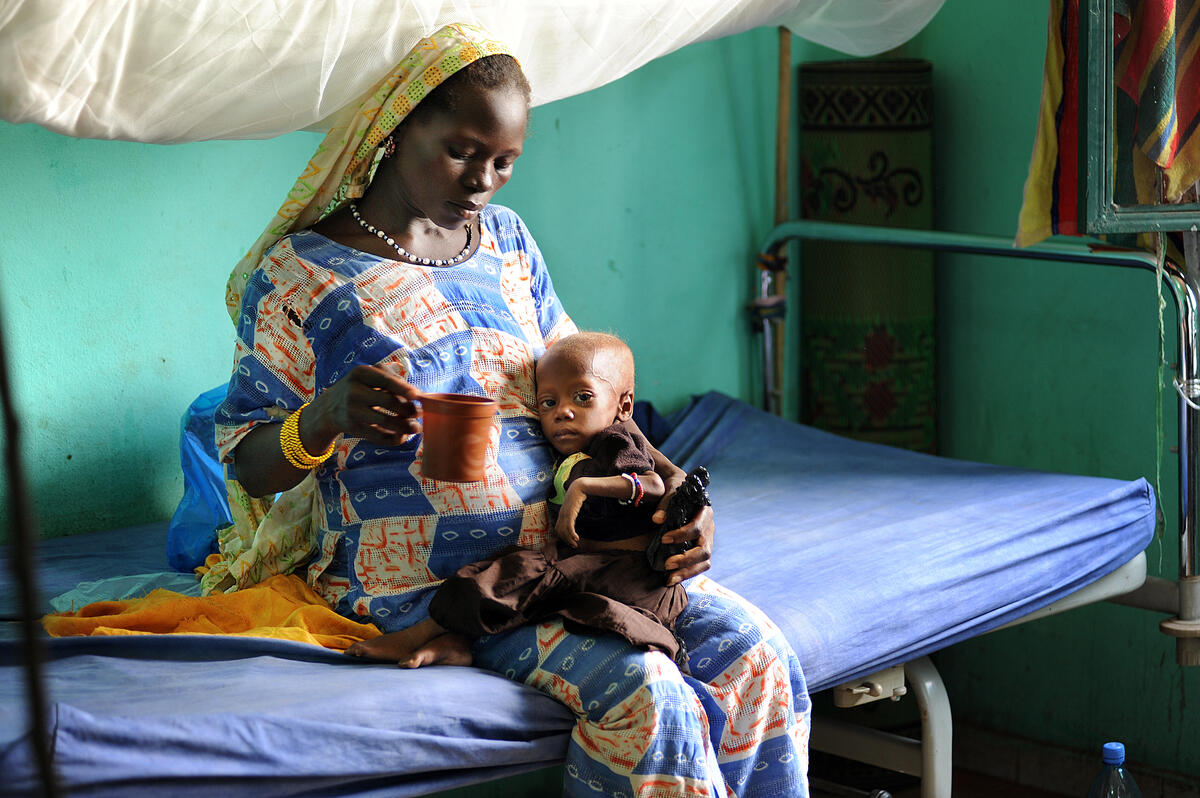
BAMAKO, Mali - The escalation of armed conflict in Mali is having grave consequences for civilians already suffering the effects of political instability, mass displacement and severe food shortages.
Nine months of fighting between Malian forces and militants has displaced an estimated 360,000 people from their homes. The unrest and ongoing political instability in Mali is compounding the impact of 2012’s punishing drought that has left more than two million people in the country without enough food.
“People continue to flee their homes, most of them women and children,” says Tasha Gill, who oversees the International Rescue Committee’s humanitarian aid programmes in Mali. “Communities taking in displaced families have been very generous up until now, but their resources are rapidly depleting and they have little else to offer.”
Tens of thousands of other families are facing prolonged displacement and as fighting continues, reaching them with life-saving support is difficult. Uprooted children, especially, have become more vulnerable to malnutrition and other dangers, including separation from their families.
Gill says it is imperative that the international community, the Malian government, and all actors in the conflict prioritise protection of children and their families caught in conflict zones.
“The escalation of the conflict is quickly multiplying the numbers of families at risk and vulnerable,” says Gill. “Malians urgently need food, shelter, health care, and other critical elements of survival and humanitarian aid agencies must have the resources and access to respond to the growing crisis.”
The IRC is assisting vulnerable families in northern and southern Mali – providing safe drinking water, treating malnourished children, preventing the spread of disease, and working with partners to provide education.